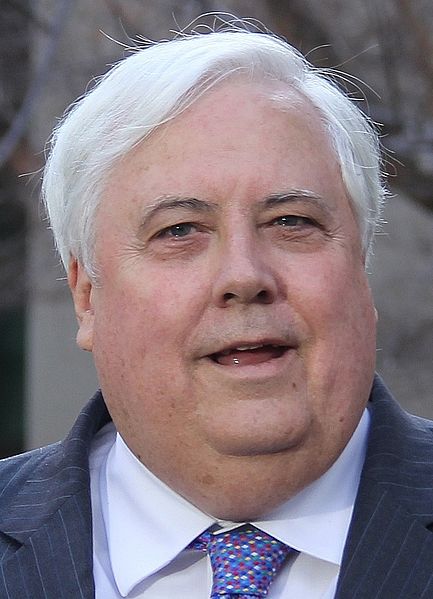Clive Palmer is an eccentric Australian billionaire who, love him or hate him, had a knack for making headlines. Some of the ways he makes headlines are in the unique ways he spends his money, such as buying his way into Australian politics or investing in the construction of a second Titanic vessel.
However, if you end up making a lot of money like Clive Palmer, then are a lot of better ways that you could spend it. The following will take a look at some of the better ways you could spend a large sum of money earned over a lifetime.
While this is a lot easier said than done, giving back to society and using your immense influence for good is a worthwhile exercise. While you won’t get a direct monetary return on being charitable with your wealth, you will earn the rewards of sincere gratitude and respect – two things that many rich people can’t buy.
Most people resent the wealthiest people in society because a lot of them made their fortunes via exploitative means (like destroying the ecosystem) or inherited their wealth from a parent who made money via exploitation. Some of the wealthiest families made their original fortunes in practises like slavery.
You don’t need to even give away the majority of your money to charitable causes, even a sum that’s more than what most people can afford is enough. Most rich people hoard more money than they could ever use in their lifetime rather than use it to effect positive change in the world around them, with most saying “why should I?”
If you want to be remembered fondly, spend your money in smart ways that leave a lasting impact and make life better for future generations.


